Softbank, posted a 9.7% year over year increase in its total number of subscribers for the most recent quarter ending in June 2009, along with improved handset sales during a particularly difficult sales climate.
Company president Masayoshi Son credited the allure of the iPhone, along with cost cutting measures, for the company's recession-defying results and its ability to attract customers away from other providers. Softbank has led mobile providers in net subscriber additions for the past two years.
While the Western media has celebrated the complexity and sophistication of Japan's smartphones, Son acknowledged that Japan's domestic handset manufacturers are struggling, in part due to being ghettoized by Japan's unique TDMA-based PDC standard in place for 2G mobile service. As the world converges upon UMTS as the 3G standard, Japanese phone makers will have a better opportunity to sell their phones outside of Japan, but they are already facing tough competition at home.
Japanese phone makers also face a carrier-dominated subsidy sales model similar to the US inside Japan, where subscribers are given expensive phones that appear to be free, and are then asked to pay huge phone bills to make up for it. In contrast, Softbank is selling the iPhone and its other handsets at more upfront rates, essentially marketing the phone using a 24 month installment plan.
In addition to the long term contracts that bind subscribers to their carriers, there are also fees involved with moving a phone number to another provider, something that US law forces carriers to do for free. Despite these barriers, Softbank continues to attract more net new subscribers and outperform its larger rivals in the Japanese market, something the advocates of more conventional Japanese phones are having a hard time explaining.
 Prince McLean
Prince McLean
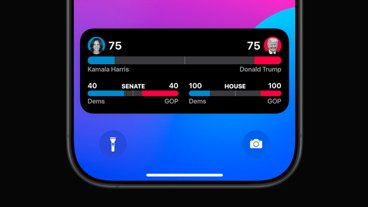
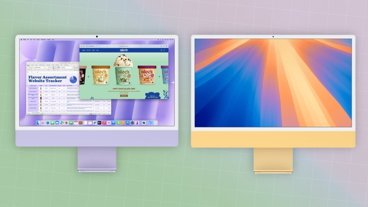
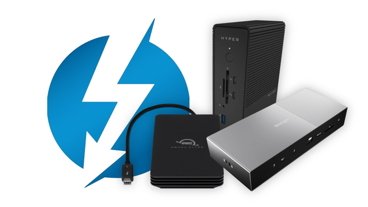
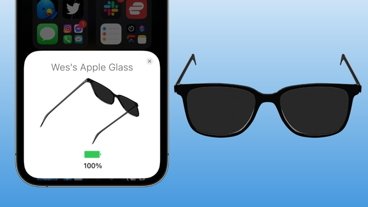
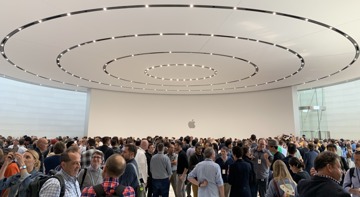

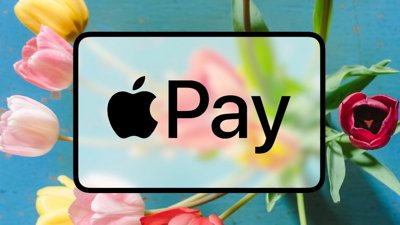
 Marko Zivkovic
Marko Zivkovic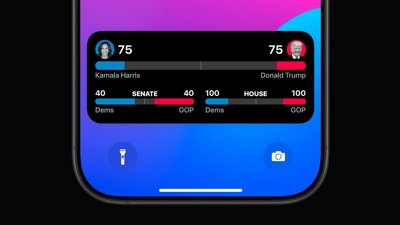
 Wesley Hilliard
Wesley Hilliard
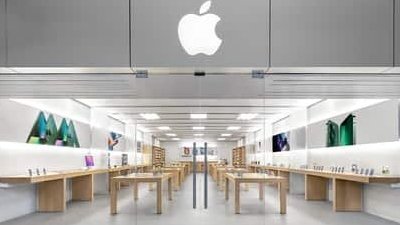
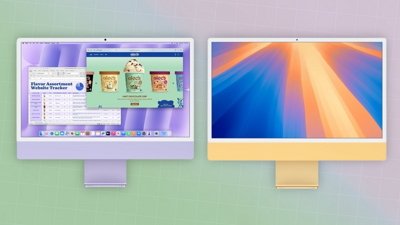
 Oliver Haslam
Oliver Haslam
 Christine McKee
Christine McKee
 Malcolm Owen
Malcolm Owen
 William Gallagher
William Gallagher-xl-m.jpg)


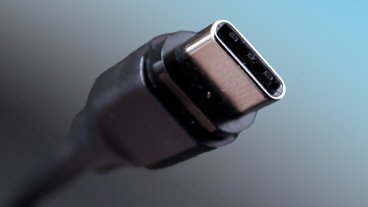
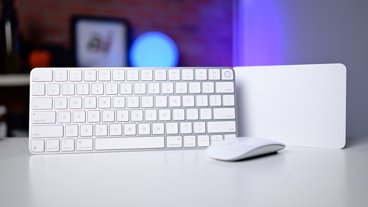
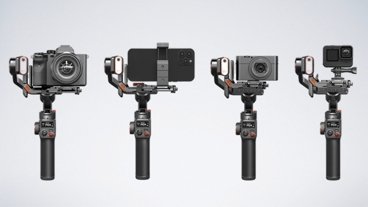
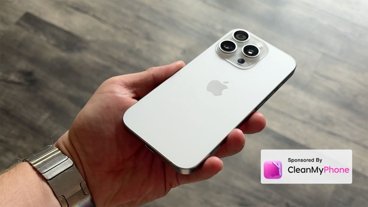
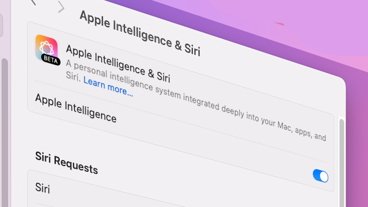

29 Comments
Yet another win for iPhone? I'd like to think so.
And to think it was only last February Brian Chen was writing about
"Why The Japanese hate the iPhone"
<http://www.wired.com/gadgetlab/2009/02/why-the-iphone/>
Sure Brian, what ever you say.....
Ok, I have a question for the folks on this forum who are much smarter than me.
Is the Japanese iPhone useable in the US? I am currently stationed in Japan and would like to get an iPhone through Softbank, but they tell me I won't be able to use in when I rotate back to the States.
With all the talk from Apple and others about makng iPhone compatable with 3G networks world-wide, this seems a bit odd. Is there something different with the Japanese 3G vs US 3G?
Thanks
Ok, I have a question for the folks on this forum who are much smarter than me.
Is the Japanese iPhone useable in the US? I am currently stationed in Japan and would like to get an iPhone through Softbank, but they tell me I won't be able to use in when I rotate back to the States.
With all the talk from Apple and others about makng iPhone compatable with 3G networks world-wide, this seems a bit odd. Is there something different with the Japanese 3G vs US 3G?
Thanks
The hardware is the same but when you buy from Softbank you are basically locked into a 2 year contract unless you pay a lot more money (don't have the exact 3GS price but it is in the 80,000 JPY range). Have no idea if ATT will sell you just a contract and SIM card if you bring your iPhone from Japan.
And to think it was only last February Brian Chen was writing about
"Why The Japanese hate the iPhone"
<http://www.wired.com/gadgetlab/2009/02/why-the-iphone/>
Sure Brian, what ever you say.....
Good memory! I do remember that!...
In Japan of all places! This is a huge example of the iPhone's prowess!